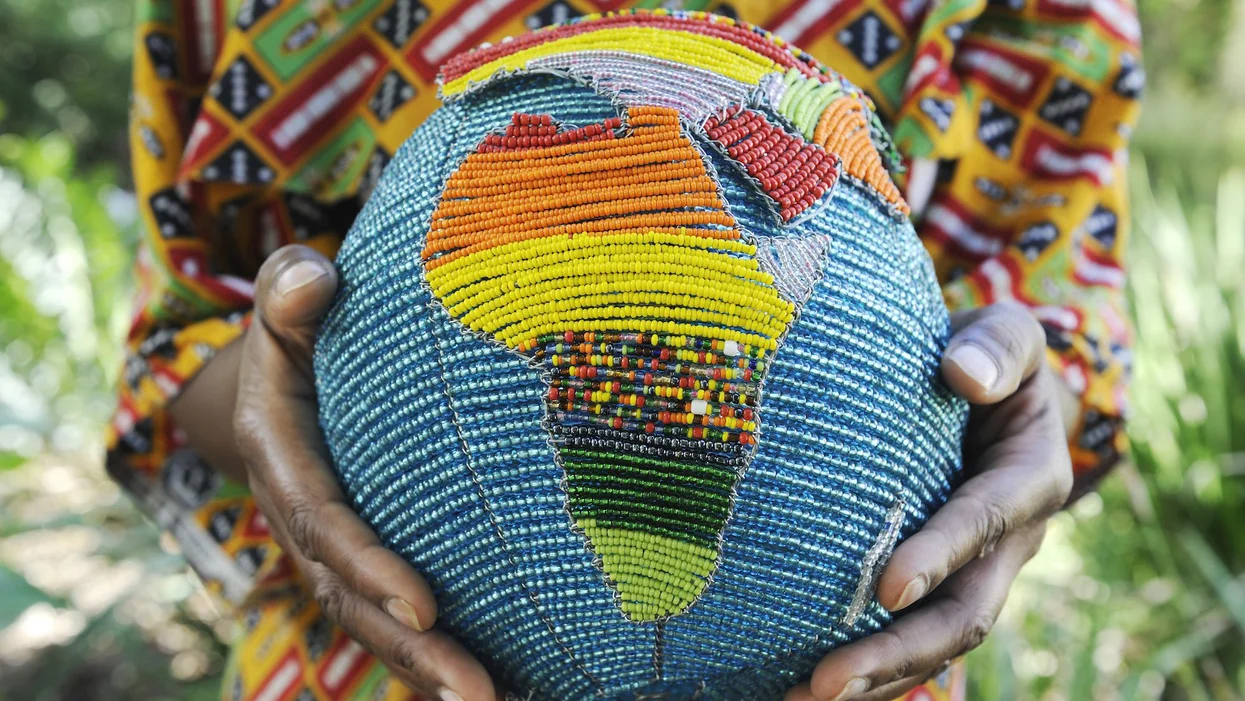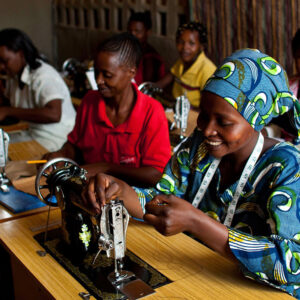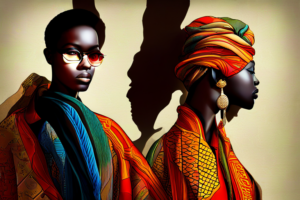In an era marked by growing environmental awareness and social responsibility, Africa’s fashion industry is embracing sustainable practices as a cornerstone of its ethos. From the bustling streets of Lagos to the artisan workshops of Accra, designers and entrepreneurs are pioneering innovative approaches to fashion that prioritize environmental conservation, ethical production, and social impact.
At the heart of Africa’s commitment to sustainable fashion lies a deep respect for the continent’s natural resources and cultural heritage. Designers are turning to locally-sourced materials, such as organic cotton, bamboo, and sisal, to create eco-friendly textiles that minimize environmental impact and support local economies. By utilizing traditional weaving and dyeing techniques passed down through generations, they celebrate Africa’s rich artisanal traditions while promoting sustainable livelihoods for rural communities.
Moreover, African fashion brands are leading the charge in promoting ethical production practices throughout the supply chain. From fair wages and safe working conditions for garment workers to transparent sourcing and production processes, these brands prioritize the well-being of people and planet. By partnering with ethical manufacturers and artisan cooperatives, they ensure that their products are made with care and respect for human rights and environmental sustainability.
Furthermore, Africa’s commitment to sustainable fashion extends beyond the production process to encompass the entire lifecycle of clothing. Designers are exploring innovative approaches to recycling, upcycling, and repurposing materials to minimize waste and reduce the industry’s carbon footprint. By breathing new life into discarded textiles and vintage garments, they demonstrate that fashion can be both stylish and sustainable, inspiring consumers to make more conscious choices about their clothing consumption.
Additionally, African fashion brands are leveraging their platforms to drive social impact and promote positive change in their communities. Through initiatives such as skills training programs, education scholarships, and community development projects, they empower marginalized groups, particularly women and youth, to build brighter futures for themselves and their families. By harnessing the power of fashion as a force for good, they demonstrate the transformative potential of ethical and sustainable business practices.
In conclusion, Africa’s commitment to sustainable fashion is not only about protecting the planet but also about promoting social justice, economic empowerment, and cultural preservation. By embracing ethical and eco-friendly practices, the continent’s fashion industry is leading by example, showing the world that fashion can be a catalyst for positive change and a source of inspiration for a more sustainable and equitable future.




